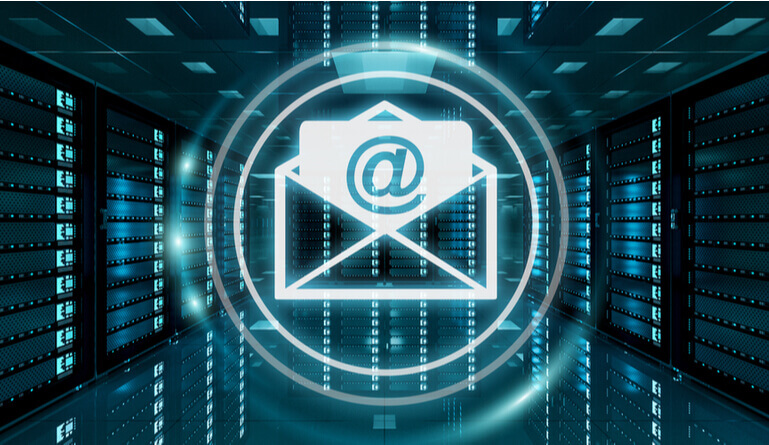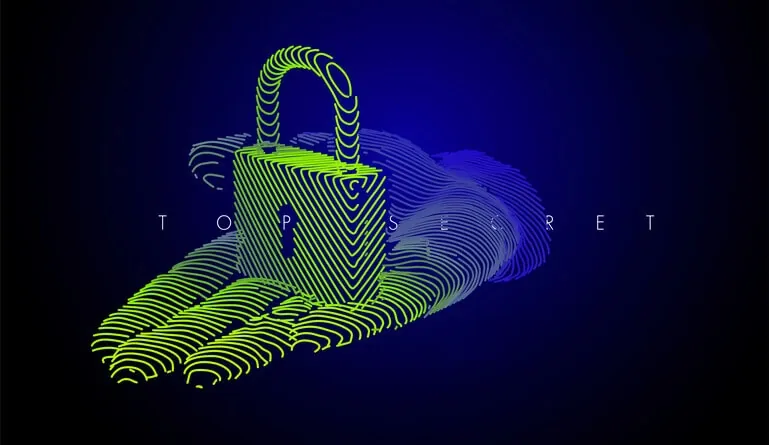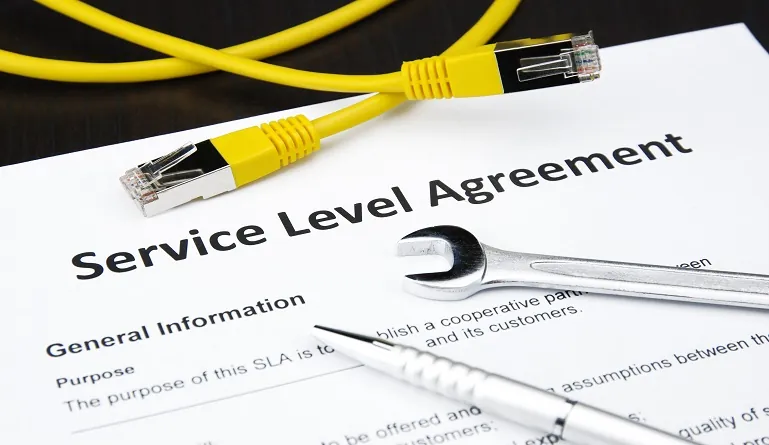Guest Contribution by Harold Kilpatrick, PR Consultancy
A recent study showed that 66% of consumers had made an online purchase as a result of marketing campaigns. But most don’t even need research to know how useful email marketing can be. Between extensive reach, low cost, and fantastic flexibility, few things beat the ROI of email marketing.
But this type of marketing isn’t without risks both to you and your customers. Here are the key things you need to know about email marketing and security.
Understand the Risks
Each time you send an email, it creates a potential portal for hackers and malware. When you market on a large scale, it magnifies the risk exponentially. Some of the many threats in email marketing include:
- Scams
- Spoofing
- Malware
- Phishing
Scams
Emails scams are about as old as emails themselves. Everyone has seen countless examples of it every day. And scams are bad news for email marketers. They harm consumer trust and result in your emails ending up in the spam folder.
To fight this, you need to take steps to make sure your emails are as authentic and relevant as possible. Use personal names and other ways to establish a bond with customers.
Likewise, you need to recognize scam replies to your marketing campaigns. Cybercriminals often penetrate the email accounts of unsuspecting victims. They then use these to launch a wide variety of attacks. Companies need to recognize suspicious user activity and handle it appropriately.
Spoofs
Spoofs are forgeries that make emails appear as if they come from a company or brand rather than a cybercriminal. In some cases, cybercriminals may create realistic imitations of actual brands. They even go as far as to create an identical copy of a landing page that the company uses.
They can use it to gain access to login credentials and payment information. Spoofing can harm your brand identity. You don’t want to become associated with cybercriminals or the variety of issues they create.
Malware
Malware includes spyware, adware, keyloggers, ransomware, and more. Different types of malware can shut down your marketing campaign. Malware is bad news. And hackers know how to disguise it. It may be an innocent-looking link or download. Whatever it is, you need to take precautions against it.
Phishing
Phishing attacks hit consumers hard. Victims often fall for intelligent social engineering techniques. And these enable criminals to steal consumer personal and financial data. But these attacks also impact businesses.
Cybercriminals can pretend to be customers or other interested parties. They gradually learn enough information, like the answers to account recovery questions. Once they hijack these login credentials, they can disrupt your business.
In the worst-case scenario, they may impersonate corporate banks or credit card companies. They then use this information not only to defraud you but also target customers on your email marketing list.
Protect Your Email Campaigns and Your Company
It’s never too soon to start getting serious about email marketing security. Here’s a list of some essential tips that you need to implement right now.
1) Encrypt Emails
Companies often send emails that include sensitive customer information. For example, customer addresses, phone numbers, the last four digits of credit cards, and more. You should use encryption on all emails between you and your customers and business contacts. That way, they’re unreadable to anybody other than the intended recipient.
2) Verify Your Email List
It’s not the size of your email list; it’s the quality of it. You need to make sure everybody on it is still the customers who signed up. Often, inactive accounts are significant targets for hackers. They then use this as a base of operation for a massive range of cybercrimes.
3) Use a VPN
When you send an email, the data enters the world wide web where unauthorized parties can intercept it. You can reduce such risks by sending emails over virtual private networks (VPNs). When you connect to a secure VPN server, your ISP, hackers, and other prying eyes can’t track your internet activity. It enhances your privacy and security.
4) Enable Firewalls and Other Security Tools
There are many free or inexpensive security tools right in front of you. Email firewalls can filter emails with attached malware and other problematic materials. Antivirus software can scan for viruses, worms, and Trojan horses on your email client before you ever download anything.
5) Educate Employees, Coworkers, and Customers
Finally, you need to create a culture of cybersecurity in your workplace. Train employees on how to recognize potential threats, how to avoid them, and what they should do if they suspect a computer virus or other dangers. Also, make sure your customers are aware of cyber threats and scams that imitate your brand.
Achieve Greater Email Security
Email marketing is an incredible tool for businesses. But companies need to be smart and start adopting safer practices. Not only will it protect them but also prevent email clients from flagging their emails for being suspicious or containing a possible threat. This type of security-based approach is a win for everybody but the cybercriminals.





